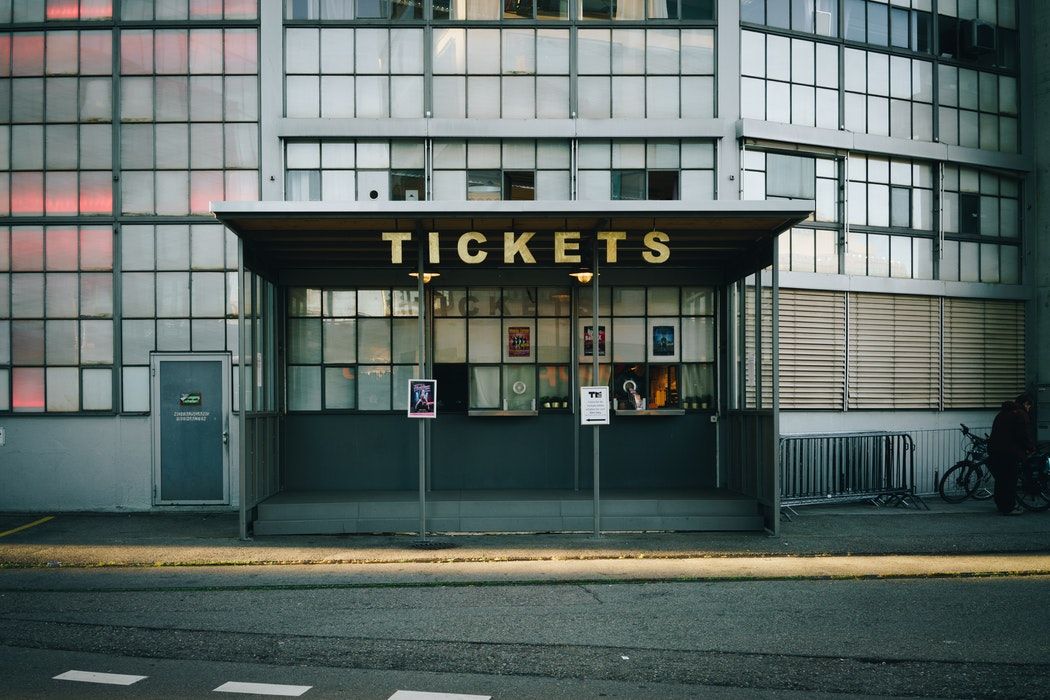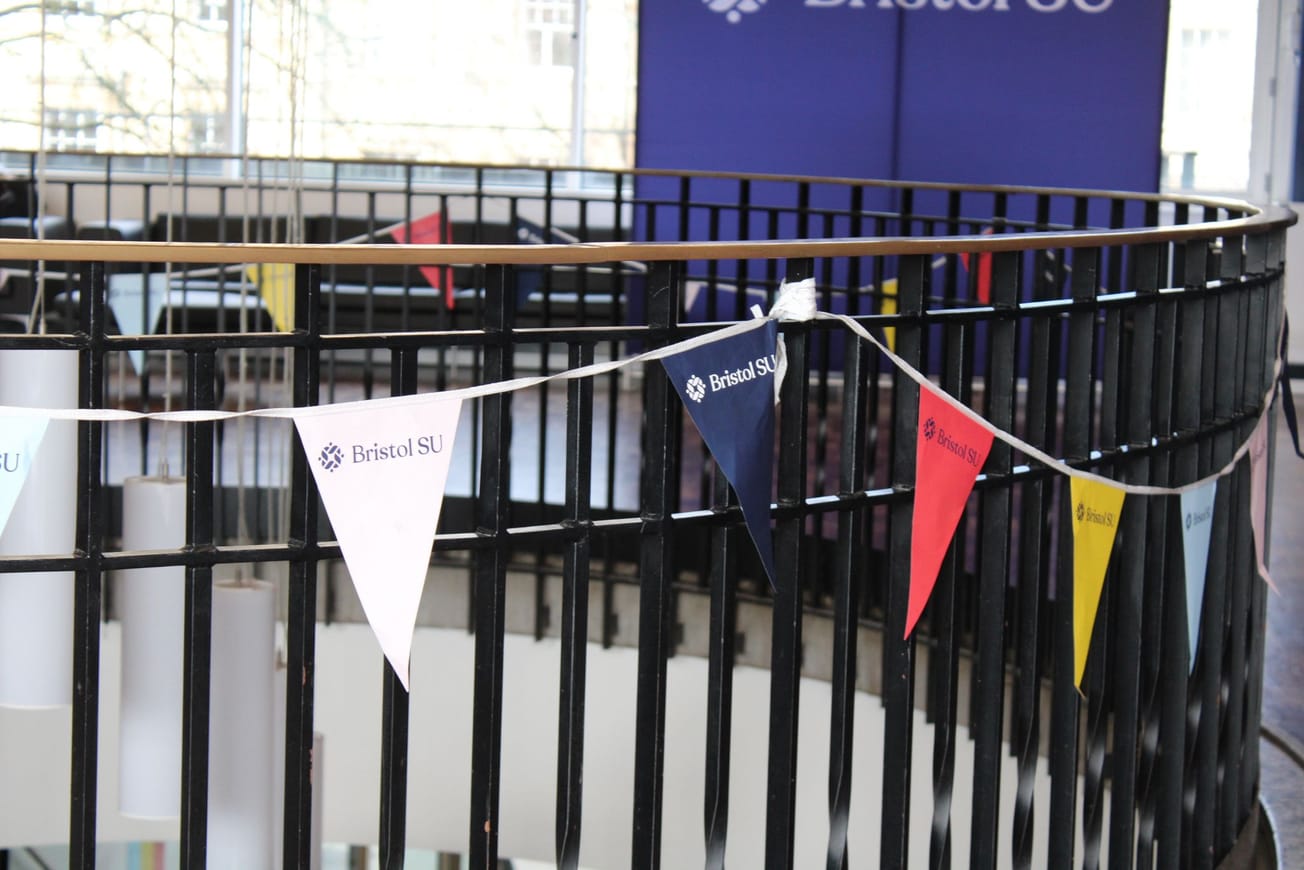Featured Image: Unsplash / Claudio Schwarz
Freya Scott-Turner, First Year History, exposes the pervasive issue of fake-sellers on 'Clifton and Stoke Bishop Tickets', and offers guidance on how to stay safe in the digital era of anonymous trading.
What’s the fastest way to ruin a night out? Vomiting in the taxi or smashing your phone screen are relatively efficient methods, but few disasters trump getting to the front of a long pushy queue, brandishing your phone at the bouncer, only to be told to jog on as your ticket isn’t scanning.
Welcome to the world of E-ticket fraud. While ticket fraud- which typically involves a consumer handing over their money and receiving no ticket, a fake one, or a duplicate that has been sold to numerous others- is not a new issue, social media and the rise of e-tickets, has made the occupation of ‘scammer’ far easier. Figures released in January by Action Fraud, the National Fraud and Cyber Crime Reporting Centre, revealed that the number of reported incidents of entertainment ticket fraud recorded over a 6-month period in 2017, saw a 38 percent increase from the two years prior. And, with IQ Magazine pinpointing the 20-29 Age Group as the most affected by this issue, it is hardly surprising that stories of e-ticket fraud are so common across the student community.
'social media and the rise of e-tickets, has made the occupation of ‘scammer’ far easier...entertainment ticket fraud recorded over a 6-month period in 2017, saw a 38 percent increase from the two years prior'.
Fyre Festival founder Billy McFarland apologizes weeks after prison sentencing: 'I am incredibly sorry' https://t.co/ixDSphJh3O pic.twitter.com/p7EgpsNbWh
— New York Daily News (@NYDailyNews) November 6, 2018
Featured Tweet: Billy McFarland, 'a seriel fraudster', constructed an entirely fake festival in the Bahamas, 'Fyre Festival', selling tickets costing between $1,200 and $100,000. Consumers were instead left stranded on an island without sufficient food and water.
Social media is a huge facilitator for informal ticket sales and swaps. Trawl through the discussion page on any event and you will see strings of posts, often desperate, seeking or advertising tickets for sale. But these are not always genuine. Something Miranda Shute, a first-year student at Bristol, experienced first hand when looking for a ticket for a sold-out event at Crofters Rights last month: ‘I was scammed on Facebook for a clubbing event called ‘Viva La Disco’ by
someone who I presumed to be a fellow student at Bristol.’ After promising to send the tickets following payment, she recalls that ‘as soon as I did, they ignored all my messages and blocked me on Facebook.’ This is especially common for sold out events, when pressure to find a ticket last minute often stops consumers taking the precautions they normally would to ensure the deal is legitimate.
So, how to spot a scammer?
A Facebook stalk can go a long way: Often, they’re a wolf in sheep’s clothing; a quick glance at their Facebook profile suggests a student or member of your peer group. Sometimes they actually are. So if possible buy off someone with whom you have mutual friends, or skim their profile for activity. A lack of posts, likes or many friends can often indicate a fake account.
Unwillingness to accept payment through PayPal: Paying through 'Goods and Services' guarantees Buyer Protection, meaning you’ll be refunded for fraudulent sales. Another first-year student, speaking anonymously, explained that one scammer ‘claimed he didn’t have PayPal. I was reluctant to pay through a bank transfer as there is no protection, but he the seller kept saying it would be
pathetic to scam someone for £5. But he did just that.’
Secondary ticketing websites are facing enforcement action following a year-long investigation https://t.co/tSYTBhWQ3b
— Sky News (@SkyNews) November 28, 2017
With the anonymity that a fake social media account, or the ability to block someone, allows; it is perhaps inevitable that many have been tempted to earn a little disposable income this way, even if it is just a fiver. Yet, arguably, event-goers wouldn’t feel driven to shop in unprotected channels if the more reputed secondary ticketing sites made their prices more affordable. The practice of companies such as Viagogo or Stubhub, of selling for a huge markup or adding large booking fees, mean tickets are often resold for as much as 500% the original price. These extortionate prices leave buyers with little choice but to put their money and their night at risk, and shop around for a possibly fraudulent ticket.
'arguably, event-goers wouldn’t feel driven to shop in unprotected channels if the more reputed secondary ticketing sites made their prices more affordable.'
But if the internet has assisted ticket fraud, then it also has the tools to curb it. As mentioned before, PayPal offers Buyer Protection coverage for any payments made through ‘Goods and Services’, and as of 2014 this has included ‘intangibles’, or digital goods. TicketSwap, an online service started 5 years ago, vets the profiles of sellers, who must log in through Facebook. It also has a feature, Secure Swap, which allows the seller to contact the original vendor of a ticket listed and
create a new barcode for resale, thus preventing duplicate barcodes being listed. Many student communities also have Facebook pages dedicated to selling tickets, such as ‘Bristol Tickets Buy/ Sell/ Trade’, which improves your chances of buying off someone whose reliability you can establish through mutual friends.
Undoubtedly, there’ll be a time soon when you find yourself ticketless for an event that all your flat mates are waxing lyrical about. So be sure to exercise a little street-smarts as you navigate the very Lock, Stock and Two Smoking Barrels world that is ticket resale. Otherwise the only ticket you’ll be needing is the one for the bus home.
Epigram's Facebook page can be found here.
Have you experienced fake-sellers? Let us know in the comment section below!









